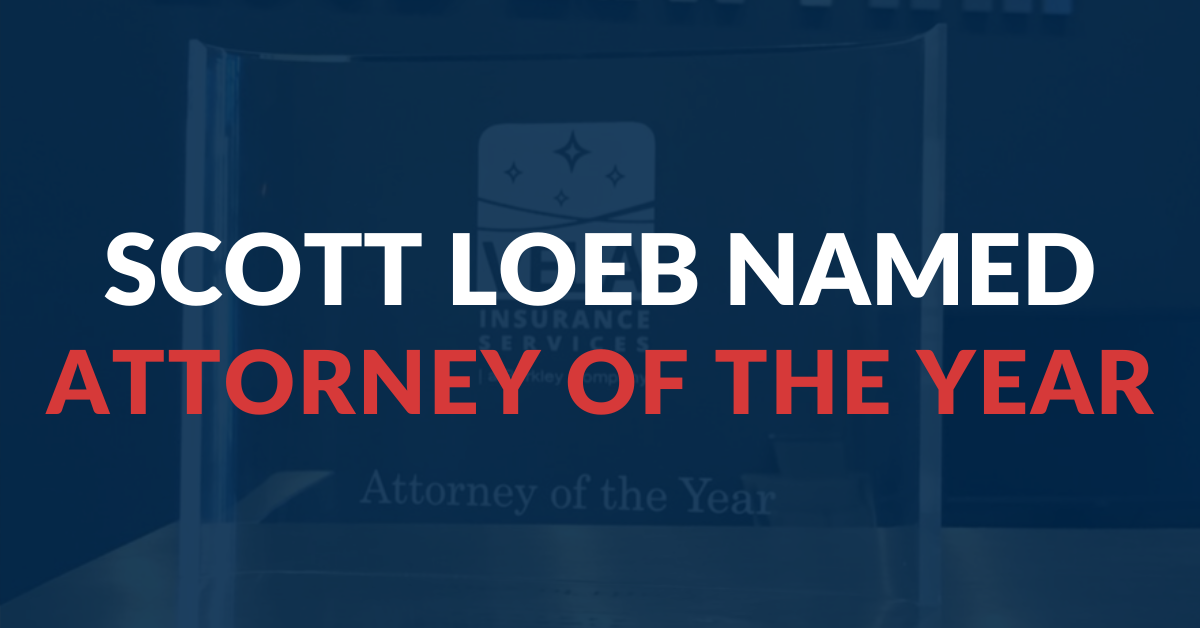Understanding Our Louisiana History
Louisiana history shows a longstanding recognition of marital agreements. Marital agreements in Louisiana began in the 1700s when the legal system was founded under French and Spanish influence. Even after the territory’s separation from foreign control, marital contracts continued to be favored by the Louisiana Civil Codes of the 19th century.
Across the broader United States, traditional views of marriage and marital agreements have shifted since the 1970s to be more in line with Louisiana’s historical acceptance. Individuals in most states now show greater caution before entering into marriage. As a result, Americans have increasingly turned to marital agreements to protect themselves and their partners from unexpected events.
Types of Agreements: The Prenup & Postnup
Marital agreements can be broken up into two types, prenuptial and postnuptial agreements, often called “prenups” and “postnups”.
One reason for this shift is growth in the public’s understanding of the benefits associated with marital agreements. The more that people learn about the benefits of marital agreements, the more likely that they view these tools as valuable financial instruments meant to protect both parties.
Contrary to the way marital agreements are presented in entertainment and media, marital agreements are not predictors that partners will eventually separate.
Why Choose a Prenup?
There are many benefits to signing a prenuptial agreement, including:
- Guarding a spouse against creditors looking to collect against the other party.
- Providing financial protections for a partner that may enter the marriage with a large net worth or assets.
- Safeguarding a partner that may need to sacrifice lucrative job options or their career to make the marriage work.
- Protecting a child, or children, of the partners entering the marriage.
- Outlining ownership if one partner is the co-owner of a family business.
What About a Postnup?
Like prenups, postnups will provide protections to both parties, but are typically entered into under different circumstances.
One significant difference between prenups and postnups is that postnups in Louisiana are subject to judicial approval. Louisiana Civil Code article 2329, titled “Exclusion or modification of a matrimonial regime”, attempts to protect the spouses from taking advantage of one another after the wedding ceremony.
Courts will inquire whether a postnup serves the best interests of both parties and if the parties understand the terms they have agreed upon. Still, courts have regularly authorized postnups for various situations, including:
- The birth or adoption of children.
- Changes in one or both of the spouse’s careers.
- The expectation of an inheritance.
- Other significant changes in the relationship that take place after marriage.
Married partners who have resided in Louisiana for less than one year may enter into a postnup without court approval.
Protect Yourself & Your Finances
In summary, marital agreements are designed to be fair and equitable tools to protect Louisiana couples. Both parties are required to understand and consent to the agreement with open knowledge of the terms they agree to. If unexpected circumstances occur during the marriage, both parties can rest assured that their interests are protected and harmful impacts will be minimized.
Legal Representation
If you or someone you know has questions regarding their family law case or marital agreements, please give us a call at 985-778-0220. Our experienced attorneys at Loeb Law Firm are ready to provide personalized legal advice and thorough representation.
Disclaimer: The information contained in this article is provided for informational purposes only and is not intended as legal, financial, investment or tax advice from Loeb Law Firm (or the individual author), nor as a substitute for legal counsel, and should not be relied upon as such. Users of our website should seek the advice of an individual attorney, licensed in the user’s jurisdiction, for any legal questions concerning a specific factual situation. By using Loeb Law Firm’s website, reading or commenting on posts, articles or blogs, or sending inquiries through the site or contact email, you confirm that there is no attorney-client relationship between you and Loeb Law Firm. With respect to the content of this article, laws frequently change and what might be accurate one day may not be accurate the next. Loeb Law Firm therefore reserves the right to edit all blog posts, articles or other website content at any time, without prior notice. Loeb Law Firm is not responsible for any errors or omissions in the content of this article or our website or for damages arising from the use or performance of this site under any circumstances. Similarly, any links to third party sites or information contained in this article or on our website are not intended as, and should not be interpreted by the user, as constituting or implying our endorsement, sponsorship, or recommendation of the third party information, products, or services found therein.





